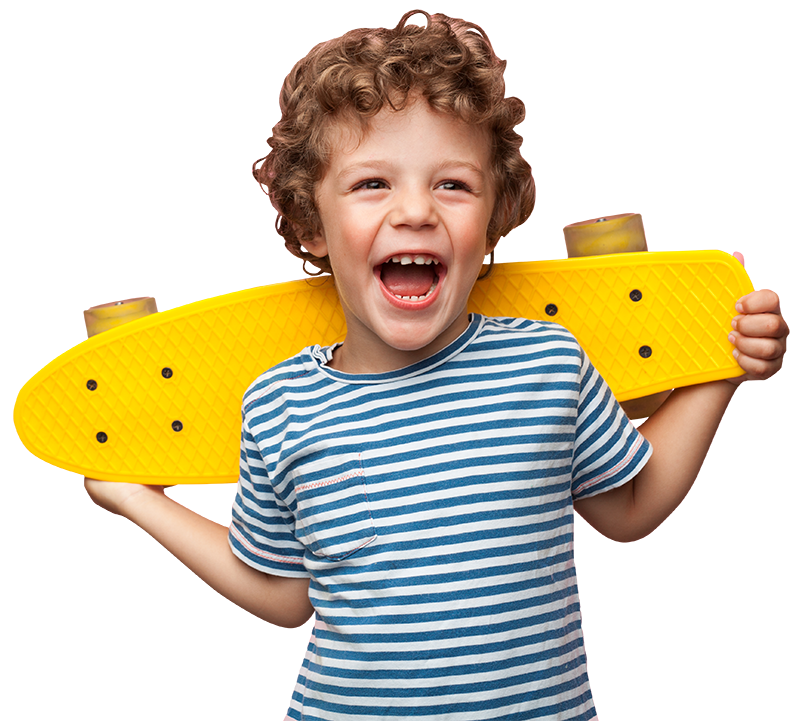
Second
home
that makes a
BIG
difference


We are delighted to welcome you to the enriching experience here at Joyful Train Nursery.
Our Curriculum is positioned to enable children from a variety of EYFS backgrounds to happily participate in nursery activities, and to prepare them for transition wherever they may reside in the future. The Curriculum stems from research into EYFS best practices related to early childhood care, learning and development.
Our ways of working are strongly based on a view of childhood as being a critical and unique stage of life. As such, we recognize the special qualities and perspective that young children bring.
The child’s perspective is described in our policies and celebrated in our teaching methodology. It is a curriculum based on the Rights of the Child.
Throughout their stay with Joyful Train, children will continually be monitored and their achievements recognized and reported against EYFS standards.
unique learning environment
Joyful Train believe that early years education is an individual, unique experience for every child who enters the nursery, this positive experience can shape him as a successful adult later on and works as a stepping stone towards his social acceptance.
By providing a quality education to each individual in one’s classroom, a teacher equips children with the tools necessary for success in life.
We also affirm in our curriculum to educate the principles of our Islamic religion by keeping the Quran and Hadith, and preserving the child’s behavior according to the culture of the United Arab Emirates by using different educational methods.
The EYFS curriculum is based on developing 7 areas of learning:
.1
communication and language :
- Language development is the key to establishing and maintaining relationships with adults and other children. It is children’s natural desire to communicate their thoughts, ideas, needs and feelings, which motivates them to use language. A child also has to learn the structure and sequence of speech, sounds, vocabulary and grammar and the rules of polite and appropriate conversation.
- Cognitive development is influenced by a child’s approach to learning, as well as their biological make-up and their environment. A child’s acquisition of knowledge will affect the way they think. Each child is unique and will have a different style and approach to learning. Cognitive development will include the way a child processes information, memorises, classifies, solves problems and acquires language, literacy and mathematical concepts.
.2
communication and language :
Language development is the key to establishing and maintaining relationships with adults and other children. It is children’s natural desire to communicate their thoughts, ideas, needs and feelings, which motivates them to use language. A child also has to learn the structure and sequence of speech, sounds, vocabulary and grammar and the rules of polite and appropriate conversation.
.3
personal, social and emotional development:
Young children’s social-emotional development involves learning how to understand their own and others feelings, regulate and express their emotions appropriately, build relationships with others and interact with groups. Social-emotional development flourishes when children have close, supportive and trusting relationships with adults. When adults are responsive and create an environment in which children can participate in actively, children know that they are considered important, interesting and competent.
.4
Literacy:
During early childhood children engage in emergent reading and writing behaviours that form the foundations for conventional literacy. Reading aloud to children, exposing them to books, print and writing, as well as providing many opportunities for mark making, supports children’s early literacy development.
.5
Mathematics:
As with all learning, first hand exploration is important for learning mathematics. The knowledge children acquire in their first years, lays the foundations for the understanding of mathematical concepts. Through play, children learn the essential skills of problem solving, reasoning, numeracy and mathematical content.
.6
understanding the world:
Young children are natural investigators, they are curious about how things work and what will happen next. Children learn to engage in the process of scientific thinking, initially through hands on sensory experiences. As they explore and experiment, children gain deeper understandings and make connections. When young children explore social studies, they learn how to be researchers, critical thinkers and active members of their classroom community. Young children are egocentric, showing interest in themselves and their family. As they get older, children become interested in other people and their community. Teachers build upon children’s interests to introduce them to other places, traditions and cultures.
.7
expressive arts and design:
Children express themselves creatively through the visual arts, music, dance movement and drama. Art gives children the opportunity to express feelings, thoughts and ideas that they may find difficult to share verbally. As children draw, paint, construct, mold, weave, dramatise, sing, dance and move, they make new discoveries and integrate what they are learning.
The children are introduced to new ideas and further thinking through the seven Areas of Learning and Development:
The first three are known as the Prime Areas (Personal, Social, and Emotional Development, Communication and Language, and Physical Development) and develop quickly in response to relationships and experiences.
This support and scaffolds the four Specific Areas (Literacy, Mathematics, Understanding the World, and Expressive Arts and Design) which include essential skills and knowledge to ensure that children have the best possible start to their learning journey. The curriculum is holistic, and interlinked where every play opportunity given to children is a learning opportunity.
day we work to empower your child.
Research-based curriculum and individual learning experiences are integral to all the programs at Joyful Train. Our teachers are dedicated and nurturing, which means their singular goal is to help your child meet milestones and become successful.
Our Joyful Train offers a path toward elementary school that can be personalized to meet each child’s needs.
and visit us.
Tell us a little bit about your family to get started.
Come learn about the Joyful Train experience!
